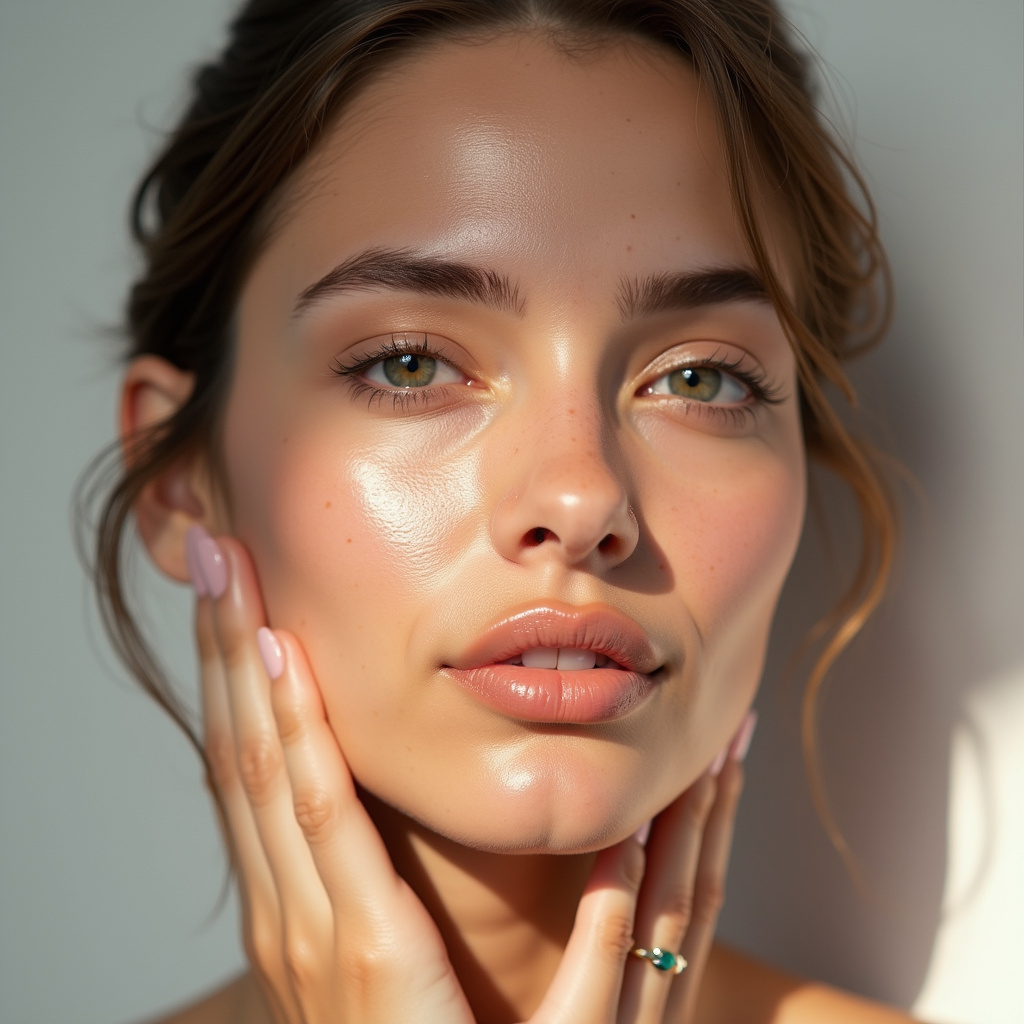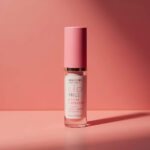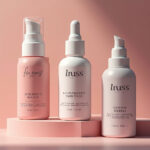Understanding Aging Skin
Aging is a natural process that affects everyone. As we age, our skin undergoes various changes, including a decrease in collagen production, loss of elasticity, and the development of fine lines and wrinkles. But what if there were ways to slow down this process? In this article, we will explore the science behind anti-aging skincare and highlight key ingredients that can help maintain youthful skin.
Common Signs of Aging
Before diving into the ingredients, it’s essential to understand the common signs of aging. Here are a few:
- Wrinkles: Fine lines and deep-set wrinkles often appear first around the eyes and mouth.
- Dryness: Aging skin tends to lose moisture, leading to a rough texture.
- Age Spots: These are flat, brown spots that can develop on sun-exposed areas of the skin.
- Loss of Firmness: Skin may sag or lose its youthful plumpness due to reduced collagen.
Key Anti-Aging Ingredients
Now that we understand the signs of aging, let’s look at some powerful skincare ingredients that can help combat these effects:
1. Retinoids
Retinoids, derived from vitamin A, are among the most researched and effective anti-aging ingredients. They increase cell turnover, promote collagen production, and help reduce the appearance of fine lines and wrinkles. Over-the-counter options like retinol are widely available and can be very beneficial.
2. Hyaluronic Acid
This ingredient is a powerful humectant, meaning it draws moisture into the skin. As we age, our skin loses moisture, leading to dryness and the appearance of fine lines. Hyaluronic acid helps hydrate the skin and can make it look plumper and more youthful.
3. Vitamin C
Vitamin C is a potent antioxidant that protects the skin from free radicals, which can cause premature aging. It also brightens the skin, evens out skin tone, and stimulates collagen production. Incorporating a vitamin C serum into your skincare routine can provide significant benefits.
4. Peptides
Peptides are short chains of amino acids that help to build proteins in the skin, including collagen and elastin. They can improve skin texture and firmness, making them a popular choice in anti-aging formulations.
5. Sunscreen
No discussion of anti-aging would be complete without emphasizing the importance of sunscreen. UV radiation can accelerate skin aging, leading to wrinkles and age spots. A broad-spectrum sunscreen with at least SPF 30 should be part of your daily skincare routine.
Creating an Effective Anti-Aging Skincare Routine
To make the most of these ingredients, it’s essential to establish a consistent skincare routine. Here are some steps to consider:
- Cleanser: Start with a gentle cleanser to remove dirt and makeup.
- Toner: Use a toner to balance the skin’s pH and prep it for better absorption of products.
- Serums: Apply serums containing retinoids, vitamin C, or hyaluronic acid.
- Moisturizer: Follow up with a moisturizer to lock in hydration.
- Sunscreen: Always finish with sunscreen during the day.
The Importance of Patience
It’s crucial to remember that anti-aging results take time. Ingredients like retinoids and vitamin C may take several weeks to show visible improvements. Consistency is key; make sure to stick to your routine for the best results.
Consulting a Professional
If you’re unsure about which products to choose or how to create a tailored skincare routine, consulting a dermatologist can be beneficial. They can provide personalized recommendations based on your skin type and concerns.
Conclusion
Understanding the science of anti-aging can empower you to make informed decisions about your skincare. By incorporating effective ingredients like retinoids, hyaluronic acid, and vitamin C into your routine, you can help maintain a youthful appearance and promote healthy skin. Remember, the journey to ageless skin is a marathon, not a sprint, so be patient and enjoy the process!




